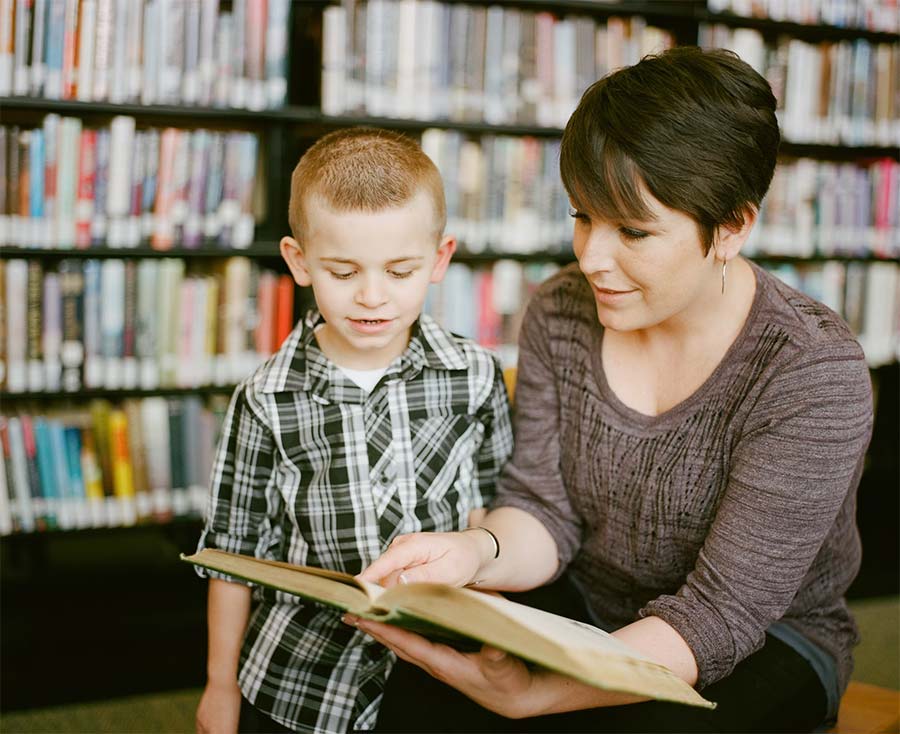
18 Apr How Books Can Help Young Autistic Children Thrive and Develop
Autism is a neurodevelopmental disorder that affects social interaction, communication, and behavior. Children with autism often have difficulty with social interactions, making it challenging for them to build relationships with others. However, research has shown that reading books can be a valuable tool in promoting social development for children with autism. In this article, we will explore the ways in which books can help young autistic children thrive and develop, from enhancing communication skills to fostering empathy and imagination.
- Shared experiences: Reading books together can create a sense of shared experience, helping children with autism connect with others. Familiarity with the same book can provide comfort and ease social interactions.
- Turn-taking: By taking turns talking and listening while reading books, children with autism can develop essential turn-taking skills, an important aspect of social interaction.
- Joint attention: Books require joint attention, which can help children with autism learn to share their attention and focus with others.
- Nonverbal communication: Books can teach nonverbal communication skills, such as interpreting facial expressions and body language, which can improve the autistic child’s ability to read social cues and interact with others.
- Vocabulary development: Reading books can aid in the development of vocabulary and language skills, which can enhance communication abilities and facilitate social interaction.
- Storytelling: Reading books can inspire children with autism to create their own stories and share them with others, fostering social interaction and connection.
- Empathy: Books can expose children with autism to different emotions and situations, facilitating the development of empathy and improving social interactions.
- Cultural understanding: Books can expose children with autism to diverse cultures and lifestyles, promoting appreciation for diversity and improving the ability to connect with individuals from different backgrounds.
- Imagination and creativity: Books can inspire imagination and creativity in children with autism, leading to more engaging social interactions with others.
- Positive role models: Books can introduce children with autism to positive role models who value friendship and cooperation, teaching them to treat others with respect and facilitating positive social interactions.
In summary, books are an excellent tool for promoting social interaction in children with autism. Reading books together can develop turn-taking, joint attention, nonverbal communication, vocabulary, empathy, cultural understanding, imagination, and positive social role models. Consider incorporating books into your daily routine if you have a child with autism in your life to support their social development.

